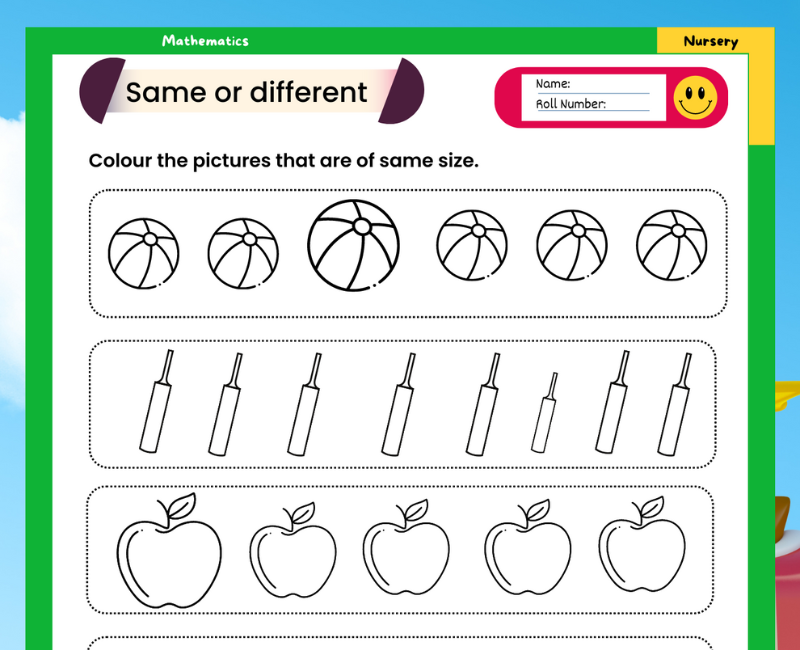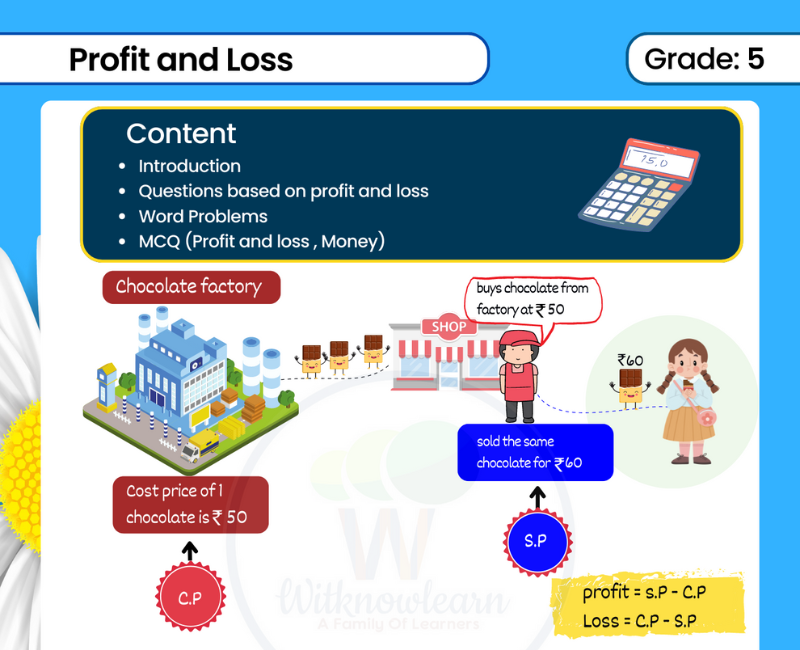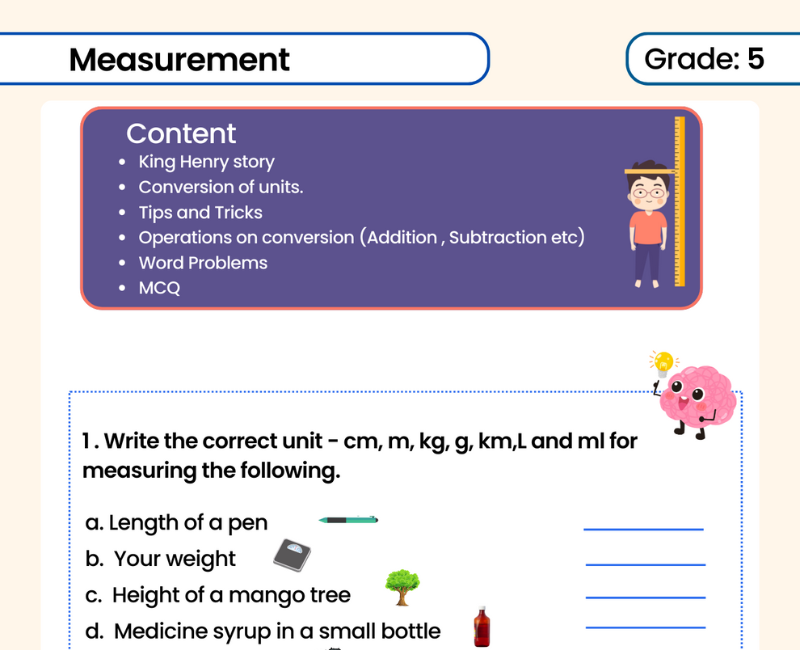Liberalization Privatization and Globalization: MCQ & Questions
Are you a Class 12 student looking for a comprehensive guide on Liberalization, Privatization, and Globalization? Look no further! In this article, we have compiled 100 must-know questions and answers to help you ace your exam. Understanding these concepts is essential as they have had a profound impact on the world economy. Liberalization has opened up markets, promoting competition and enhancing efficiency. Privatization has led to the transfer of state-owned enterprises to the private sector, introducing more competition and innovation. Globalization has brought nations closer, facilitating the exchange of goods, services, and ideas across borders. With our well-researched and concise answers, you will gain a solid understanding of these complex ideas. Whether you are studying for your board exams or simply seeking to expand your knowledge, our comprehensive guide is the perfect resource for you. So, let's dive in and explore the world of Liberalization, Privatization, and Globalization together!
In the field of economics, especially in class 12 syllabus, Chapter 3 focuses on three major concepts: Liberalisation, Privatisation, and Globalisation, often abbreviated as LPG. Understanding the difference between Liberalisation, Privatisation, and Globalisation is crucial, not just for class 11 and class 12 students but also for anyone interested in the economic development of a country. These concepts are so significant that NCERT solutions and MCQs related to them are integral parts of the study material. Let's delve into each term to understand them better, and why they are important questions in economics.
Liberalisation refers to the process of relaxing government regulations and restrictions in the economy, generally to encourage private sector participation. For instance, before economic liberalisation policies were introduced, starting a new business involved numerous challenges and red tape. With liberalisation, these barriers have been reduced, fostering an environment of growth and competition. Notes and PDF materials on liberalisation cover this aspect in great detail, highlighting its role in economic growth.
Privatisation is the transfer or selling of ownership and control of government or state assets, operations, and functions to private firms. Think of it like this: earlier, services like telecommunications were primarily run by the government. With privatisation, private companies entered the scene, offering more choices and better quality to consumers. Class 12 economics notes provide comprehensive explanations and NCERT solutions to help understand this concept better.
Globalisation involves the integration of economies across the world through the exchange of goods, services, investment, and ideas. This means that the products or services from one part of the world are easily accessible in other parts. For example, you can now buy a smartphone that's manufactured in another country much more easily than you could have 20 or 30 years ago. This is a topic that class 12 economics covers extensively, highlighting how globalisation impacts both national and global economies.
While Liberalisation, Privatisation, and Globalisation are often studied as separate concepts, it's crucial to understand that they are interlinked. Liberalisation often paves the way for privatisation, and together, they make globalisation easier. For students preparing for exams, resources like class 12 economics liberalisation, privatisation and globalisation notes, important questions, and NCERT solutions can be invaluable.
So, whether you're a student, a parent helping your child with their studies, or a teacher looking for resources, understanding these fundamental economic concepts can offer a rich, nuanced perspective on how modern economies function and grow.
What is Liberalization, Privatization, and Globalization?
Liberalization is when the government makes it easier for businesses by removing a lot of rules and regulations. Privatization is when the government lets private companies run services or businesses that it used to run. Globalization is when countries become more connected through trade, culture, and technology.
Historical Background of Liberalization, Privatization, and Globalization
Historically, many countries had strict rules that made it hard for businesses to grow. But, since the late 20th century, governments started adopting liberalization and privatization to make their economies stronger. Globalization became more prominent because of advances in technology.
Advantages of Liberalization, Privatization, and Globalization
These practices bring several benefits. Liberalization can make businesses more competitive. Privatization can make services better and sometimes cheaper. Globalization allows countries to learn from each other and share resources like technology or expertise.
Disadvantages of Liberalization, Privatization, and Globalization
However, they also have downsides. For example, liberalization might mean that big companies can crush small local businesses. Privatization can lead to inequality if only rich people can afford the better services. Globalization can sometimes harm local cultures or environments.
Effects on the Economy
In general, these practices can make an economy grow faster and become more modern. But, if not managed well, they can also lead to problems like inequality or financial crises.
Role of the Government
The government plays a big role in deciding how much to liberalize, privatize, or globalize. They also have to make sure that these practices are fair and don’t harm the public.
Challenges and Criticisms
Some people argue that these practices can lead to job losses or make rich people richer while leaving others behind. These are important challenges that need to be addressed.
Case Studies on the Impact
Countries like India have seen a lot of growth because of liberalization. But there are also cases like the privatization of water services in some places that led to public backlash because prices went up.
Future Prospects and Trends
Looking ahead, technology is likely to make globalization even more widespread. Governments will continue to balance the pros and cons of liberalization and privatization.
Conclusion: The Significance of Understanding
Understanding these concepts is important for anyone interested in how our world works today. They affect our jobs, the things we buy, and even our culture. So, it's important to know both the good and the bad so we can make better decisions as citizens.






